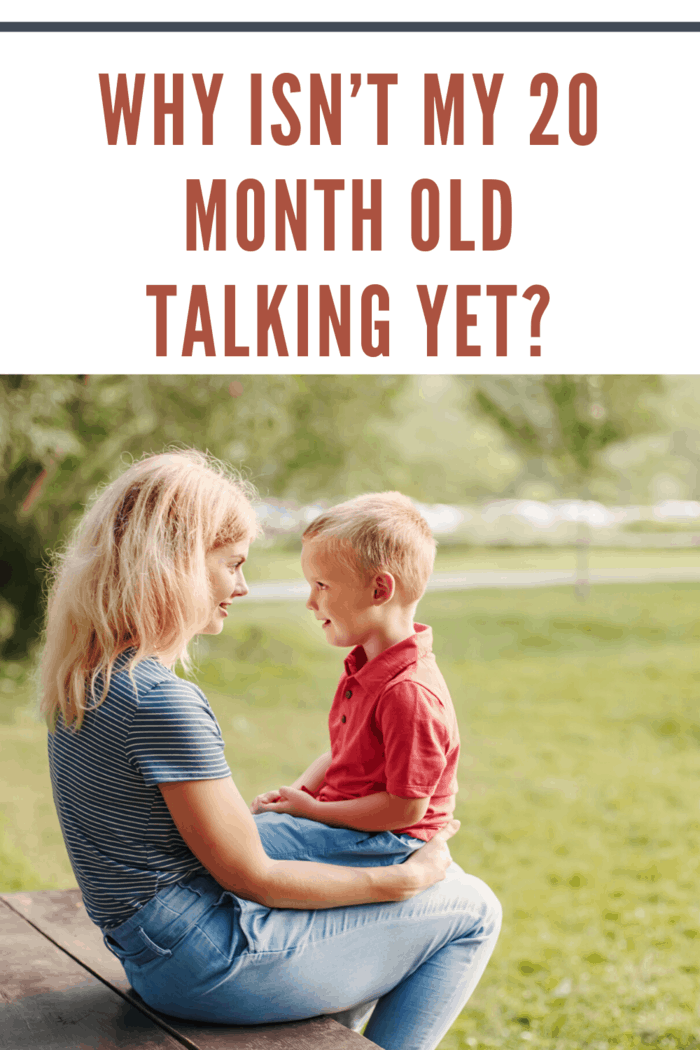Concerned Your 20-Month-Old Isn’t Talking? Here’s What You Need to Know
Understanding Language Development
It’s common for parents to worry if their 20-month-old isn’t talking as much as expected. According to the American Speech-Language-Hearing Association, “By 18 months, most children have a vocabulary of about 20 words, and by 24 months, they use around 50 words or more.” Children develop at their own pace, and while some may be early talkers, others might take a bit longer. During the period between one and two years old, a toddler’s vocabulary expands from simple words like “mama” and “dada” to two-word phrases such as “more please” or “want milk.”

Typical Language Milestones for 20-Month-Olds
By 20 months, many toddlers:
- Name everyday objects and body parts
- Ask two-word questions
- Learn more than two words per week
- Combine at least two words
According to the CDC, “Most children by age 2 are able to put together two-word sentences and follow simple instructions.”

Possible Reasons for Speech Delays
If your 20-month-old isn’t hitting these milestones, several factors could be at play:
1. Delay in Language Development
Children raised in environments where older siblings or attentive parents anticipate their needs might speak later. Dr. Jane Smith, a pediatric speech therapist, notes, “Older siblings often take on the role of the communicator for their younger brothers and sisters, which can delay the younger child’s need to speak.” Similarly, parents who understand their child’s needs may respond before the child has a chance to verbalize.
2. Impairment in Hearing
Hearing issues can significantly impact speech development. The American Academy of Pediatrics states, “Hearing loss is one of the most common causes of speech and language delays.” If your toddler is prone to ear infections or if there’s a family history of hearing problems, it’s essential to have their hearing evaluated.
3. Issues with the Mouth or Tongue
Speech delays can also stem from oral impairments such as a cleft palate or tongue tie. Dr. Emily Johnson, a pediatric otolaryngologist, explains, “Oral impairments can make it difficult for a child to coordinate their jaw, tongue, and lips to produce sounds. These issues can also cause feeding difficulties.”

How to Improve Speech Development in Toddlers
Steps to Encourage Speech Development
If you’re concerned about your child’s speech, here are some activities that can help improve language skills:
- Read Daily: Spend time reading to your child each day to expose them to new words and ideas. The National Institute on Deafness and Other Communication Disorders suggests, “Reading to your child regularly can significantly improve their language skills.”
- Animal Sounds: Teach animal names by making their sounds, which can be both fun and educational.
- Sing Songs: Singing can help with rhythm and speech patterns.
- Ask Questions: Pose questions that require more than a yes or no answer to encourage more complex responses.
- Offer Choices: Giving your toddler options can boost language development and help with decision-making.
When to Seek Professional Help
In most cases, speech delays are temporary and part of normal development. However, if you suspect hearing issues, language development problems, or oral motor impairments, it’s crucial to consult a speech-language pathologist. The American Speech-Language-Hearing Association advises, “Early intervention is key to addressing speech and language delays.”
Final Thoughts
While it’s natural to worry if your 20-month-old isn’t talking yet, remember that each child develops at their own pace. By understanding the possible reasons for speech delays and taking proactive steps, you can help your child on their journey to becoming a confident communicator. If concerns persist, don’t hesitate to seek professional guidance to ensure your child receives the support they need.
